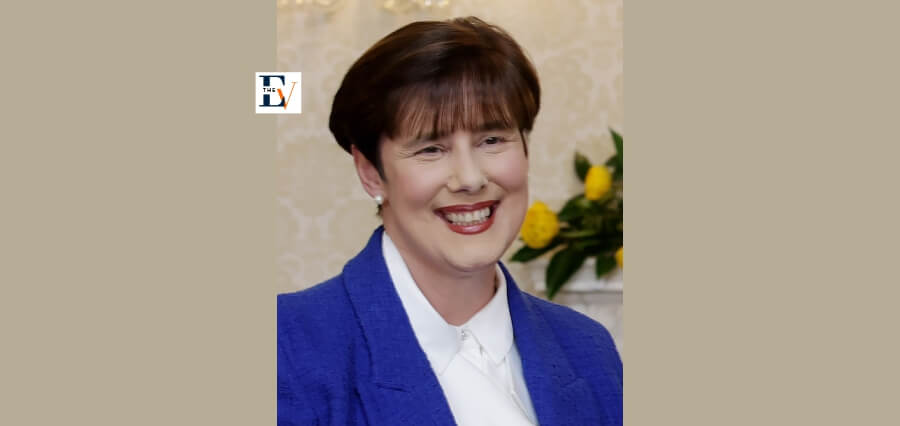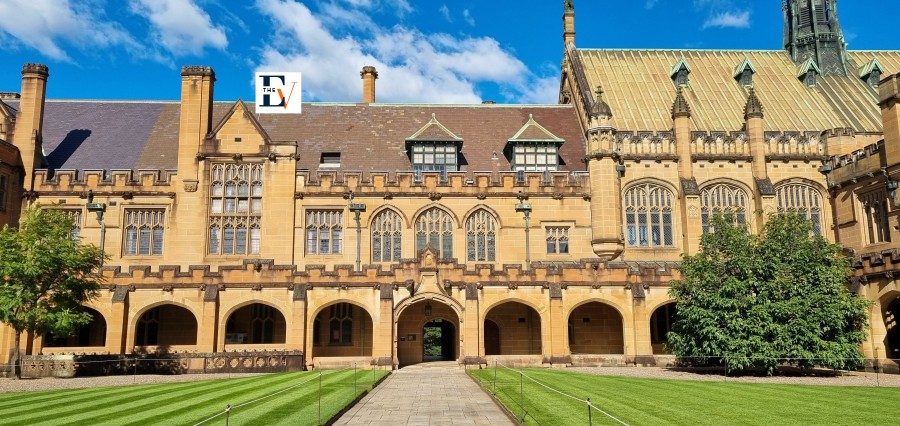Minister for Education Norma Foley has stated her determination to implement proposed changes to the Leaving Certificate, even as secondary teachers continued their protests. The campaign by teacher unions over rapid change in the senior cycle, where most of them lament the inclusion of up to 40% non-exam-based components of assessment, was one of the causes of protest.
Foley acknowledged teachers’ concerns, which stem in part from their experiences with changes to the Junior Cycle, but emphasized that delaying the reforms would not be in the best interest of students. She reassured teachers that significant preparations are already underway, including training for 10,000 teachers, with further training scheduled well ahead of the 2025 implementation. To support these changes, the Department of Education will release detailed guidelines and sample exam papers by December and April, respectively.
According to the reforms proposed regarding the senior cycle, the purpose of overhaul would bring the curriculum up to date and equip students with skills necessary for global competition. Foley indicated that an up-to-date curriculum will be an important factor in continuing success in schools. Besides, she suggested that reducing the dependency on one exam would lessen stress factors among students, parents, and teachers.
However, other teachers’ unions including the Association of Secondary Teachers Ireland (ASTI) and the Teachers’ Union of Ireland (TUI) have expressed potential unintended inequalities emanating from these new changes. They express fears that most schools will fail to implement them “effectively” due to “insufficient resources and facilities,” thus polarization on its implementation level. The unions have pressed for delaying the implementation of the reforms such that the distribution of resources is fair to all schools and the reforms are educationally sound.
Although unions welcome the general direction of senior cycle redevelopment, they insist on having enough time for preparation and professional development of teachers. Both the presidents of ASTI and TUI, Donal Cremin and David Waters respectively, emphatically stated that reforms must be well thought out and resourced if they are to succeed.
Despite these apprehensions, the minister for education has categorically stated that she would not delay the reforms, which are to be implemented gradually over the next five years. Drama, film, and Climate Action are a few of the new subjects in the syllabus that will be introduced in 2025, while some are under the process of revision for further years. Further developments are being made by the National Council for Curriculum and Assessment (NCCA), also trying to ensure that the changes made are both holistic and practical for school application.






